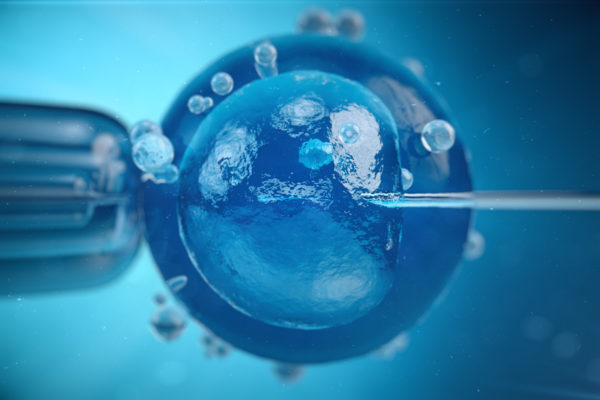The birth of a child is typically a monumental and exciting time in the lives of new parents. However, there is little thought that goes into the process of conceiving a child and how many couples may struggle in doing so. As medicine continues to evolve and technology continues to improve, couples struggling to conceive a child may consider an alternative route known as in vitro fertilization (IVF).
In 1978, Robert G. Edwards developed the science for the first “test tube baby.” IVF is a treatment option in which the egg from a woman and sperm from a male are extracted and joined together in a laboratory to help fight infertility. After the sperm and egg are joined together as a zygote to initiate the fertilization process, the next stage is known as embryo transfer when the zygote is implanted into the woman’s uterus through a long, thin tube known as a catheter to begin development. “In vitro” originates from the Latin phrase “in glass” as the treatment usually occurs in Petri dishes, test tubes, or beakers.
Image Source: Science Photo Library – ZEPHYR
Those who want to have children but are physically unable to conceive naturally are have another option to have a child. IVF success rates are 41-43% for women under 35, 33-36% for women 35-37, 23-27% for women 38-40, and 13-18% for women over 40 in the United States.
The risks associated with IVF include multiple births, miscarriage, ectopic pregnancy, birth defects in the offspring, and cancer. Physical and mental stress is another component that couples may experience during the treatment cycle. There is a chance that the treatment may be unsuccessful, and after investing time, emotion, and money, some couples seek outside therapy and support from family and friends.
In addition, not everyone who cannot conceive can utilize IVF. The procedure is rather costly with a full treatment cycle costing approximately $19,000.
There is also an ethical debate regarding whether creating a fetus artificially through a scientific procedure is an acceptable act. Individuals have various beliefs about IVF based on their lifestyle, religion, and personal morals.
IVF can be an alternative for those wanting to conceive their own child over other avenues such as adoption. As with any medical treatment, there are risks and benefits. Although IVF may increase the risks for the mother and child, it does show the way modern medicine continues to grow and allow individuals to build a family when they otherwise would not have another chance.
Featured Image Source: © rost9 / Adobe Stock.










